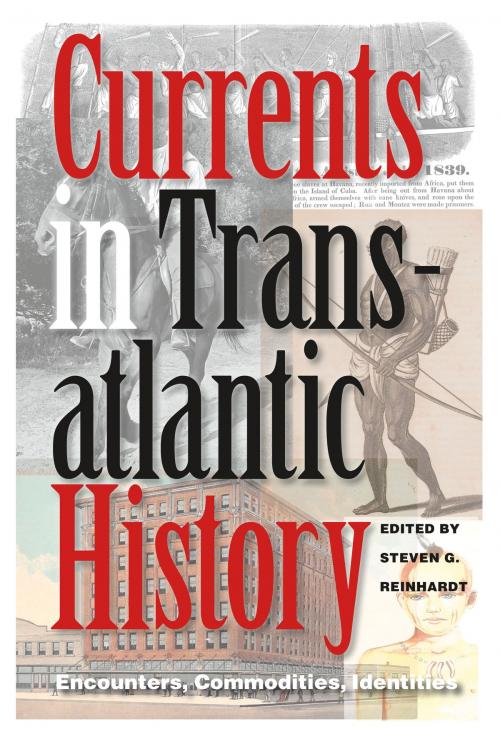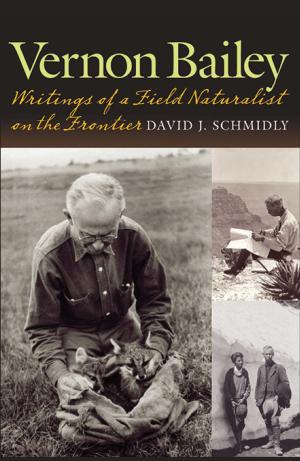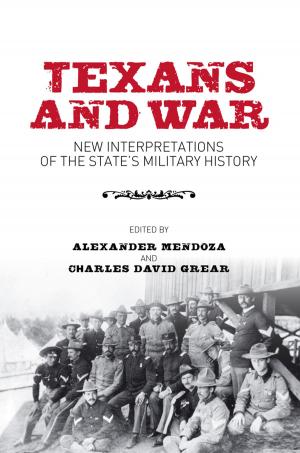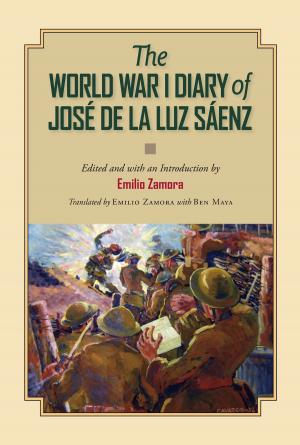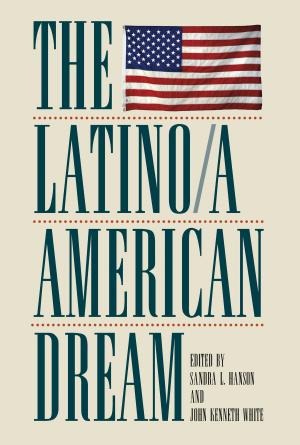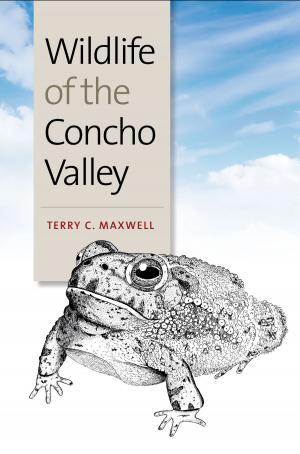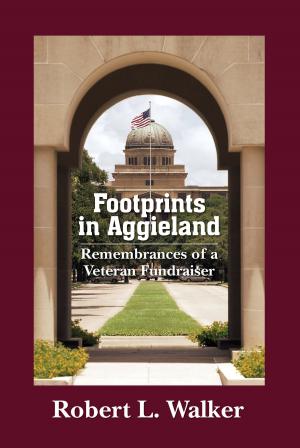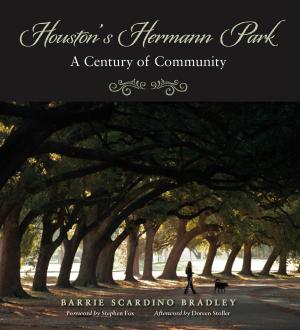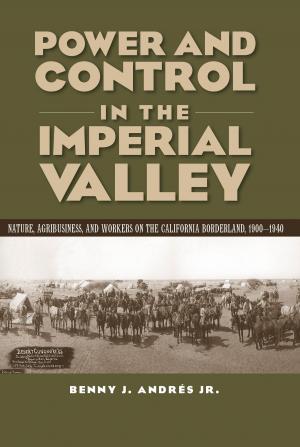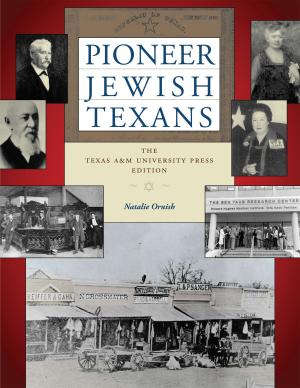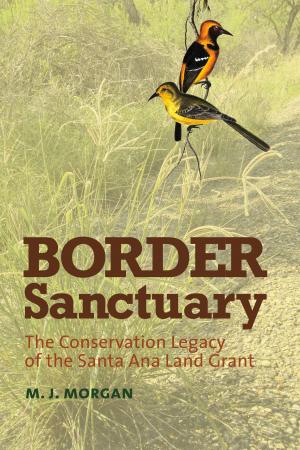Currents in Transatlantic History
Encounters, Commodities, Identities
Nonfiction, History, Civilization, Americas| Author: | Marcus Rediker, Benjamin Mark Allen, Emmanuel Mbah, Julie Holcomb, Thomas Aiello, Gregory Kosc, Pawel Goral | ISBN: | 9781623495435 |
| Publisher: | Texas A&M University Press | Publication: | June 7, 2017 |
| Imprint: | Texas A&M University Press | Language: | English |
| Author: | Marcus Rediker, Benjamin Mark Allen, Emmanuel Mbah, Julie Holcomb, Thomas Aiello, Gregory Kosc, Pawel Goral |
| ISBN: | 9781623495435 |
| Publisher: | Texas A&M University Press |
| Publication: | June 7, 2017 |
| Imprint: | Texas A&M University Press |
| Language: | English |
Transatlantic historians are dedicated to analyzing the dynamic process of encounter, interchange, and creolization that was initiated when peoples on different sides of the Atlantic Basin first made contact and continues until the twenty-first century.
The forty-ninth annual Walter Prescott Webb Memorial Lecture Series —“Currents in Transatlantic Thought”—was organized to commemorate the fifteenth anniversary of the University of Texas at Arlington’s doctoral program in transatlantic history. Six alumni of the program were invited to return and present their ongoing research in this new approach to history that focuses on the complex process of interchange and adaptation that began when Africans, Amerindians, and Europeans first came into contact. The essays stemming from those lectures cover a variety of topics grouped around three unifying themes—encounters, commodities, and identities—that illustrate the potentiality of transatlantic history.
Transatlantic historians are dedicated to analyzing the dynamic process of encounter, interchange, and creolization that was initiated when peoples on different sides of the Atlantic Basin first made contact and continues until the twenty-first century.
The forty-ninth annual Walter Prescott Webb Memorial Lecture Series —“Currents in Transatlantic Thought”—was organized to commemorate the fifteenth anniversary of the University of Texas at Arlington’s doctoral program in transatlantic history. Six alumni of the program were invited to return and present their ongoing research in this new approach to history that focuses on the complex process of interchange and adaptation that began when Africans, Amerindians, and Europeans first came into contact. The essays stemming from those lectures cover a variety of topics grouped around three unifying themes—encounters, commodities, and identities—that illustrate the potentiality of transatlantic history.
